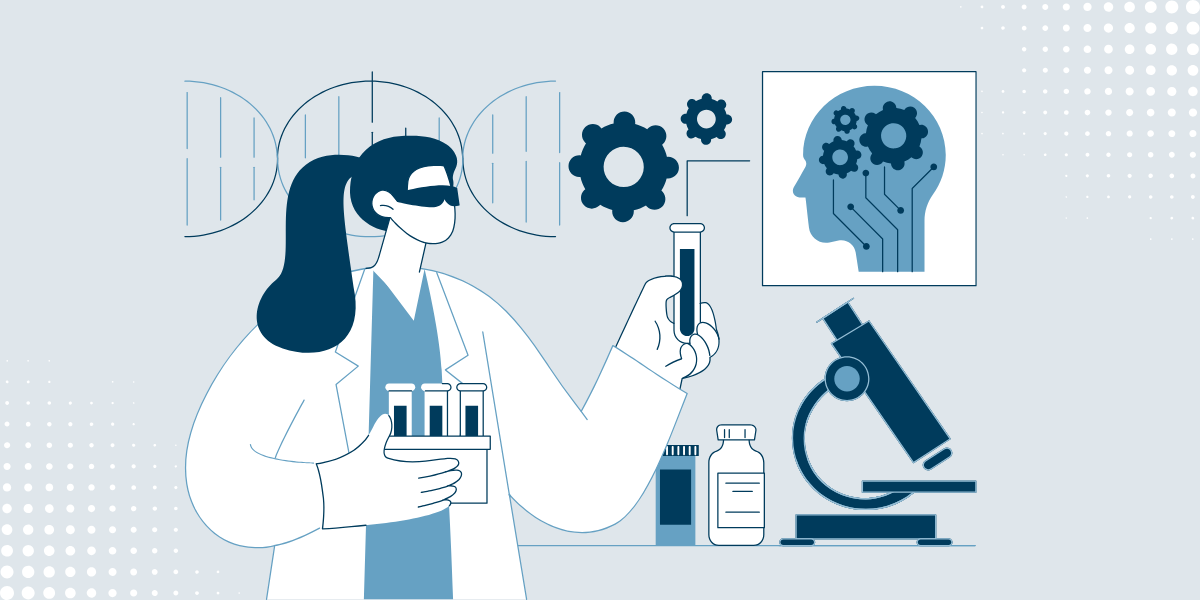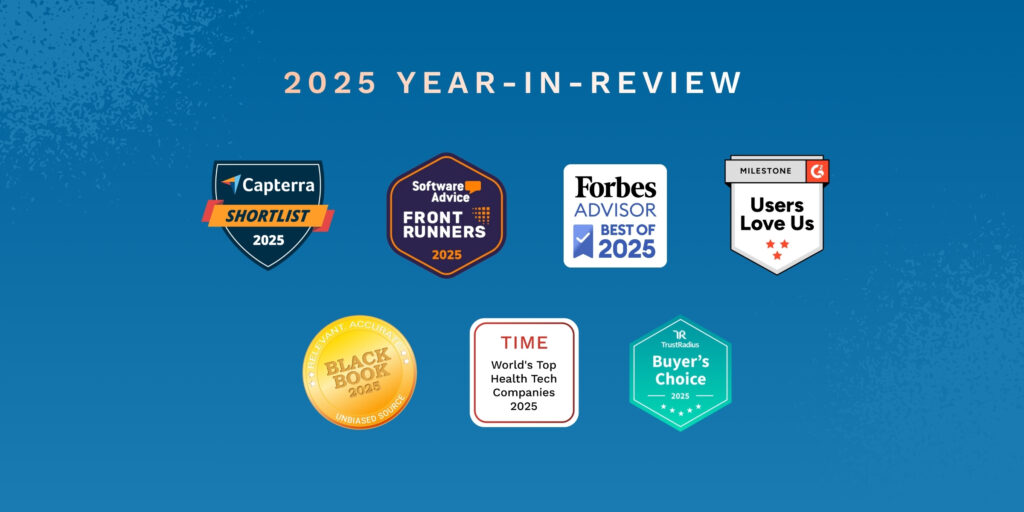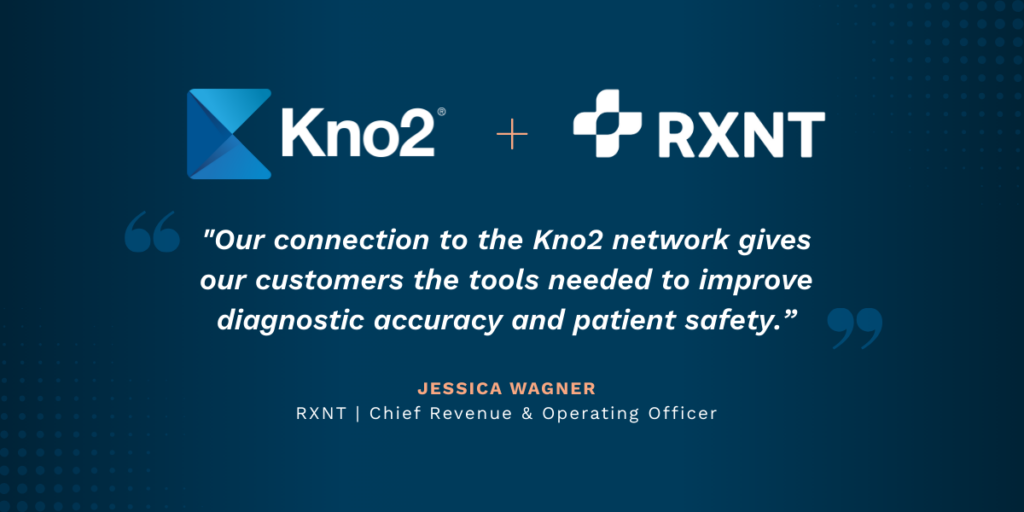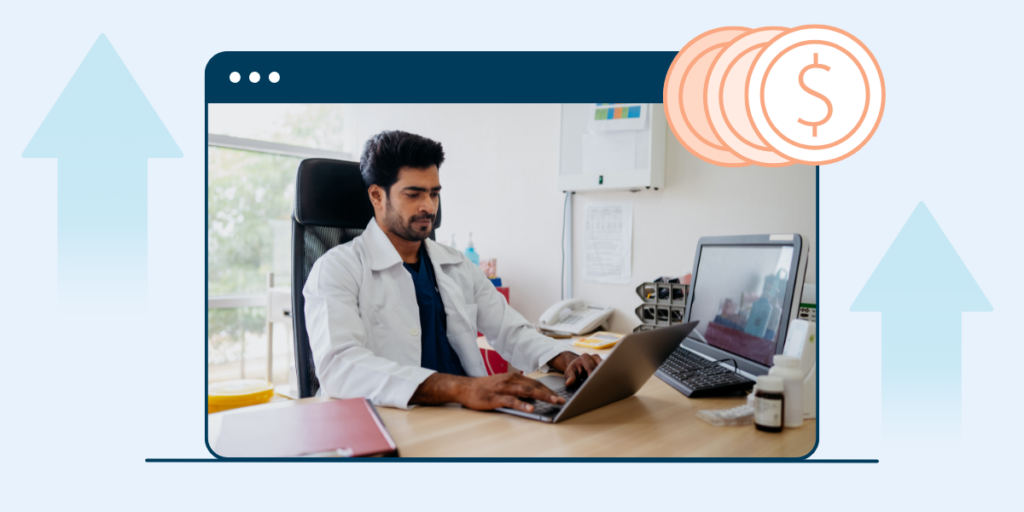Can you imagine a future where diseases are detected before symptoms appear, administrative tasks are no longer a burden, and new medicines are developed quickly? Thanks to advancements in artificial intelligence (AI), this future is already taking shape in healthcare.
Can you imagine a future where diseases are detected before symptoms appear, administrative tasks are no longer a burden, and new medicines are developed quickly? Thanks to advancements in artificial intelligence (AI), this future is already taking shape in healthcare. AI is actively transforming how providers deliver care, manage risk, and discover new treatments today.
Below, we explore four ways AI is reshaping the healthcare landscape and what it means for the future of patient care.
How AI Is Changing Early Diagnosis
One of the most powerful applications of AI in healthcare is its ability to detect diseases in the earliest stages, sometimes before any physical symptoms are noticeable. Machine learning (ML) algorithms trained on thousands of imaging studies, lab results, and genetic profiles can spot subtle patterns invisible to the human eye.
For example, AI-driven tools are now used in radiology to identify early signs of cancer, which present as tiny tumors on mammograms or lung scans. The Food and Drug Administration (FDA) has approved these tools to help detect brain, breast, lung, prostate, skin, and thyroid cancers. Similarly, AI models analyzing retinal scans can detect diabetic retinopathy (DR) long before patients experience vision loss. This is done by using convolutional neural networks (CNNs) and deep learning techniques to identify subtle vascular changes and microaneurysms.
The earlier a disease is caught, the more treatment options are available and the better patient outcomes. AI’s ability to support earlier, more accurate detection is already improving outcomes.
Freeing Up Time: AI and Administrative Efficiency
Administrative work is one of the greatest sources of burnout among healthcare providers. Tasks like documenting patient visits and coding for insurance claims often take valuable time away from direct patient care.
AI-powered tools such as Encounter Insights and ambient listening technologies give time back to providers. These solutions provide overviews of past patient visits, automatically capture and summarize clinical conversations during appointments, and generate accurate notes and documentation without manual entry. Some systems even suggest billing codes based on the conversation.
As a result, providers can save hours every week and reclaim time to focus on their patients rather than their paperwork. AI-driven administrative support enhances the overall patient experience by allowing clinicians to be more present, engaged, and responsive to patient needs during every encounter.
As a nurse turned product leader, I’ve seen how overwhelming documentation can be for providers. Tools like ambient listening and automated summaries don’t just save time; they give clinicians the chance to be fully present with their patients during visits, and reclaim more time with their own families after hours.
Revolutionizing Research: AI’s Impact on Drug Discovery
Developing a new drug is an incredibly complex and resource-heavy process. On average, it takes over a decade and billions of dollars to bring a new treatment to market. AI is starting to change that timeline dramatically.
Johnson & Johnson uses AI to speed up drug discovery in multiple ways. AI can analyze massive datasets to uncover what drives specific diseases at a molecular level, allowing researchers to design more targeted therapies. It also helps identify and recruit clinical trial participants who are most likely to benefit, which improves the chances of successful outcomes.
Additionally, AI enables a more personalized approach to treatment by matching therapies to patients’ unique genetic and clinical profiles. These advances reduce development costs and increase the likelihood of breakthroughs in conditions like cancer, Alzheimer’s disease, and rare genetic disorders.
In the near future, AI’s role in drug discovery could lead to faster treatments and more accessible therapies for patients worldwide.
Predicting Patient Risk: AI’s Role in Proactive Care
AI-driven predictive analytics gives providers a powerful new way to proactively manage patient risk. AI models can predict which patients are at the highest risk for complications, readmissions, or chronic disease progression. This is done by analyzing data from electronic health records, lab results, wearable devices, and even social determinants of health. For example, predictive algorithms could flag a patient with diabetes who is at increased risk of hospitalization due to missed lab work or medication non-adherence.
This proactive approach allows providers to intervene earlier, helping prevent costly adverse events and improving patient outcomes.
Predictive AI tools are already being implemented in hospitals and clinics to guide resource allocation, prioritize outreach efforts, and customize care pathways. In the future, they will be central to value-based care models that reward better patient outcomes and smarter healthcare delivery.
Prepare for the Future of Health Tech
As innovation continues, healthcare organizations that embrace AI today will be better positioned to deliver safer, faster, and more personalized care tomorrow. That’s where RXNT comes in.
With its user-friendly interface and integrated AI tools, RXNT simplifies the adoption process for healthcare professionals and their patients. By offering intuitive, easy-to-navigate scheduling, billing, and patient communication systems, RXNT helps reduce the learning curve associated with new technology.
Ready to see RXNT in action? Schedule a demo today.





